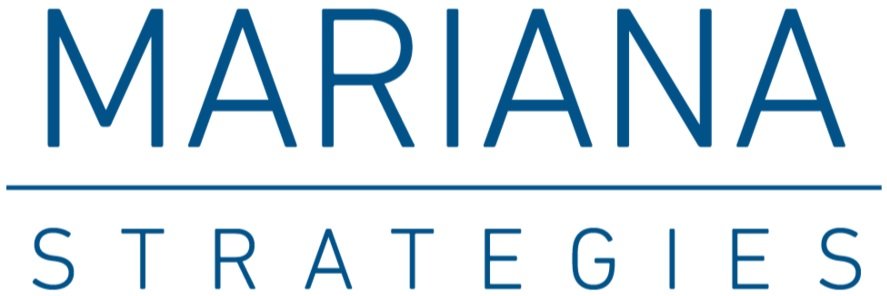Paving the Way to Increased Racial and Gender Equity in Economics
By Audrey Roofeh and Emeizmi Mandagi
Since the #MeToo movement gained traction in 2017, the conversation on racial and gender equity has increasingly made its way into white and male dominated professions. One example is the American Economics Association (AEA), which has implemented changes working towards racial and gender diversity. Economists have long grappled with the issue of sexual harassment and wide gender and racial gaps; however, only in recent years have we begun to see progress. For many years at the AEA annual conference, newly-minted economists with PhDs would interview for academic positions, and many of these interviews took place in hotel rooms. In fact, the economics graduate student who challenged the practice, Kathryn Holston, did so when one of her professors told her ‘not to wear a skirt’ when she attends the AEA conference, because she may be sitting on a hotel bed in her job interview. Holston was surprised at this practice, and sent a memo to the AEA suggesting changes. In order to see why this practice is worth challenging, one has to recognize what it feels like to experience a power imbalance beyond being a job interviewee. Gender, race, sexual orientation, being a survivor of sexual assault, and other factors can make the experience disproportionately unnerving.
The AEA announced an end to the practice of hotel room interviews in 2019, but this disconcerting practice is only a small window into a field that has long experienced gender and racial disparities. In order to understand the extent of the problem, it has to be measured, which the AEA did in its report released at its 2019 meeting. The report’s findings are significant as the AEA engaged in the crucial work of quantifying the talent that is lost due to a culture that allows for harassment and discrimination.
Nearly a quarter of women, people of color, individuals with disability, and LGBTQ individuals surveyed by the AEA reported that they made the decision not to start research or continue their research in a particular field of economics to avoid facing possible harassment or discrimination. This in turn results in the loss of potentially groundbreaking research that can come about when there is more diversity in a field due to a wider range of perspectives and experiences.
Among those outside of academia, approximately 32% of those who identify as LGBTQ reported that they decided not to apply for or take a promotion at a place of employment due to concerns of facing harassment or discrimination. This occurrence unfortunately leads to a loss in valuable talent and skilled individuals in the workplace.
Nearly half of women, 36% of people of color, and roughly 44% of individuals with disabilities and LGBTQ individuals stated that they have not presented their question, idea, or view at their school or place of work. This significantly limits the exchange of ideas and level of discourse in economics, and only serves to hurt the advancement of the industry in producing more innovative approaches, strategies, and frameworks.
In tackling these problems, the AEA adopted measures that seek to address racial and gender discrimination and harassment that women and people of color face as economists. These are the AEA reforms currently underway:
A new code of conduct and changed its bylaws to allow sanctions against members who violate it;
An ombudsperson to hear complaints and a new general counsel to investigate charges of misconduct;
Task forces charged with addressing the economics profession’s problems and recruiting more women and POC;
A permanent committee for issues faced by gay, lesbian, and transgender economists; and
In 2020, the AEA will finalize procedures for investigating violations of its code of conduct and for punishing violators.
In conjunction with these new changes, the AEA’s Annual Meeting held on January 3-5, 2020 witnessed new cultural shifts since last year’s conference. This year’s attendees reported that they felt more comfortable raising questions about diversity in their departments, and economists have become more willing to talk about issues regarding discrimination. A growing number of economics programs at various institutions have also adopted rules to improve the tone of economics seminars, which were previously described by some individuals as toxic.
We have been looking at harassment as a dignitary harm, and it is exactly that, but it is also a drag on productivity. Now that we know what the problem is, we can start to address it. By making economics a more diverse and inclusive field, we can begin to see change that better reflects society. Such efforts could include measures such as grading university economics departments on their diversity efforts, and ensuring racial and gender diversity in top positions at prominent journals, which can make or break economists’ careers by choosing to publish or reject their research. We look forward to seeing how the AEA continues to improve, and track the improvements, in racial and gender equity in the field of economics.
